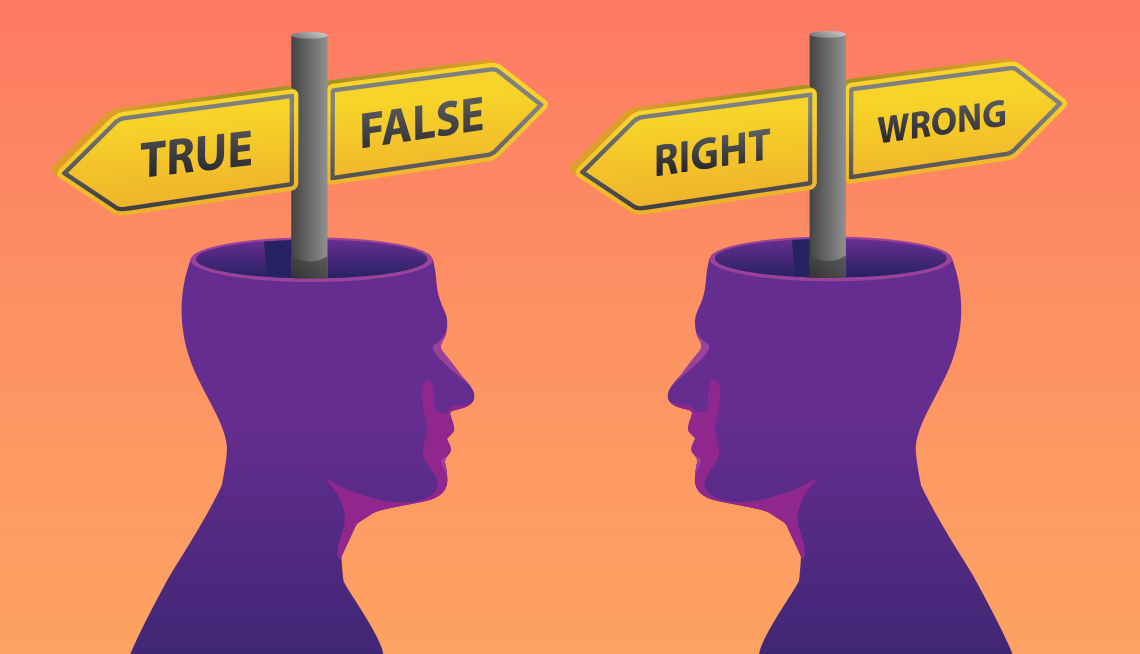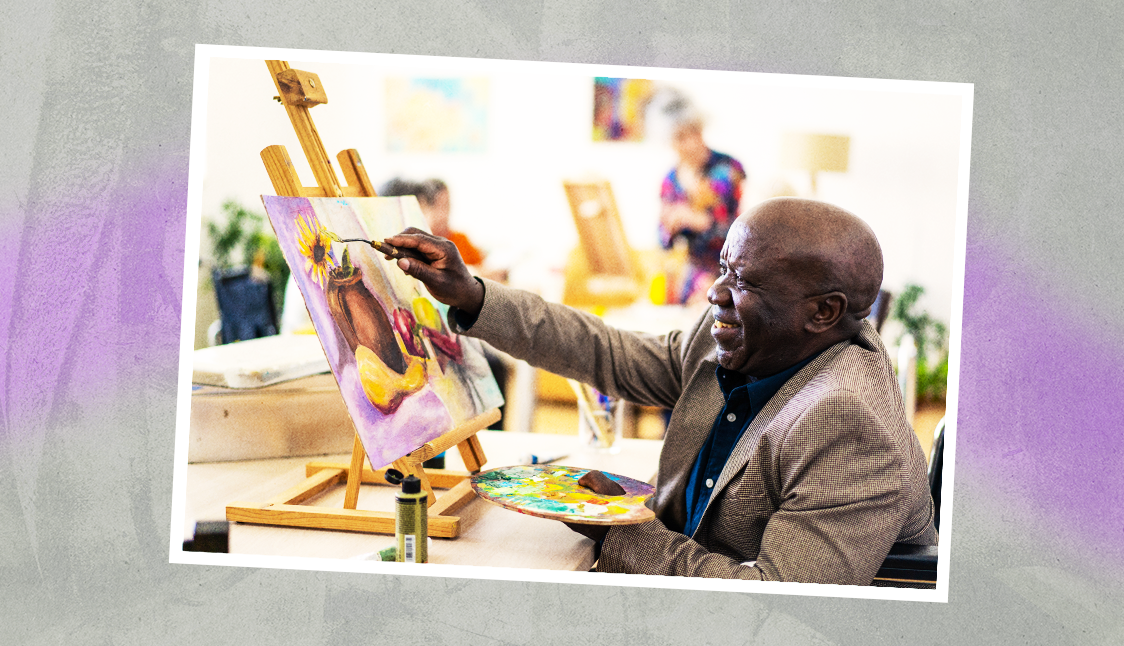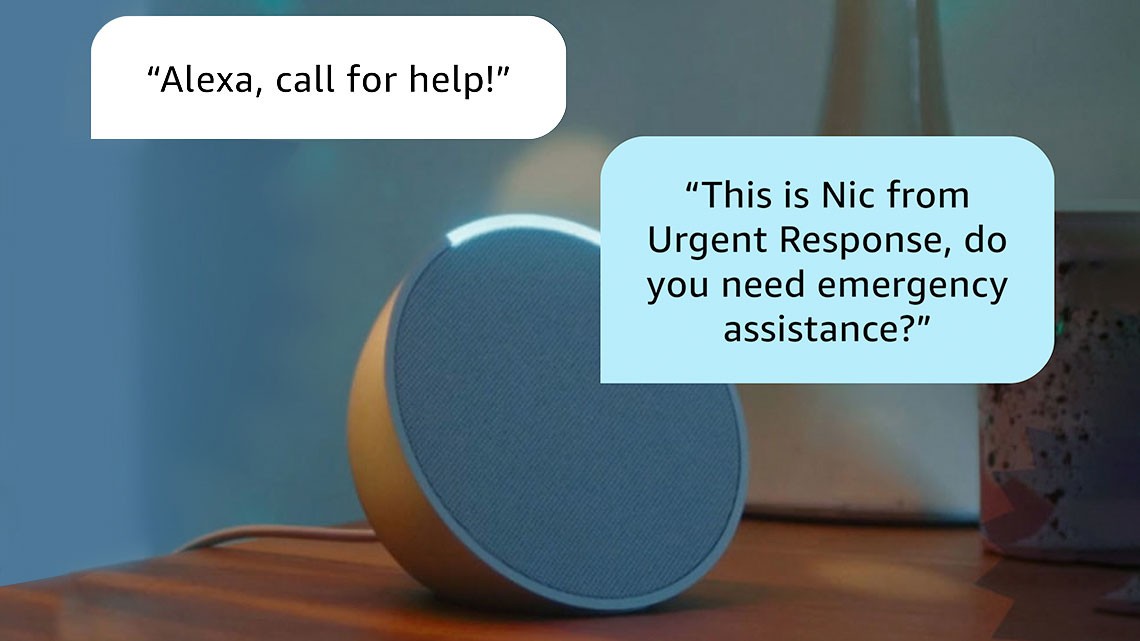Staying Fit


It’s not unusual to have occasional trouble finding the right word or remembering where you put things. But persistent difficulty with thinking, memory or the ability to perform everyday tasks might be signs of something more serious.
What is dementia?
Dementia is a catch-all term for changes in the brain that cause a loss of functioning that interferes with daily life. It can diminish focus, attention, language skills, problem-solving and visual perception. Dementia can also make it difficult for a person to control his or her emotions and can even lead to personality changes.


AARP Membership— $12 for your first year when you sign up for Automatic Renewal
Get instant access to members-only products and hundreds of discounts, a free second membership, and a subscription to AARP the Magazine.
According to 2023 figures from the Alzheimer’s Association, an estimated 6.7 million Americans are living with Alzheimer’s disease, accounting for 60 to 80 percent of dementia cases, though many experts say that number is probably higher. Globally, dementia is the seventh leading cause of death, according to World Health Organization estimates.
If someone is showing signs of dementia, it’s important to see a medical expert who can conduct tests and come up with a diagnosis. Several often treatable conditions — from common infections to a vitamin deficiency — can cause dementia-like symptoms, so it’s necessary to rule them out first.
If it is dementia, you’ll want to plan how you will manage care or pursue treatment, especially as the condition progresses.
10 warning signs of dementia
Here are some symptoms to watch for.
1. Difficulty with everyday tasks. Everyone makes mistakes, but people with dementia may find it increasingly difficult to do things like keep track of monthly bills or follow a recipe while cooking, the Alzheimer’s Association says. They may also find it hard to concentrate on tasks, take much longer to do them or have trouble finishing them.
2. Repetition. Asking a question over and over or telling the same story about a recent event multiple times are common indicators of mild or moderate Alzheimer’s, according to the Cleveland Clinic.
3. Communication problems. Observe if a loved one has trouble joining in conversations or following along with them, stops abruptly in the middle of a thought, or struggles to think of words or the name of objects.
4. Getting lost. People with dementia may have difficulty with visual and spatial abilities. That can manifest itself in problems like getting lost while driving, according to the Mayo Clinic.
5. Personality changes. A loved one who begins acting unusually anxious, confused, fearful or suspicious, or who becomes upset easily and seems depressed, is cause for concern.

















































































More From AARP
Care Tips to Keep Dementia Patients Safe at Home
Follow these tips to ensure the safety of your loved ones with dementia and Alzheimer’sWhat Dementia Feels Like
Individuals detail their symptoms in the early stages
11 Ways to Manage Sundown Syndrome
How dementia caregivers can soothe anxiety in the evening